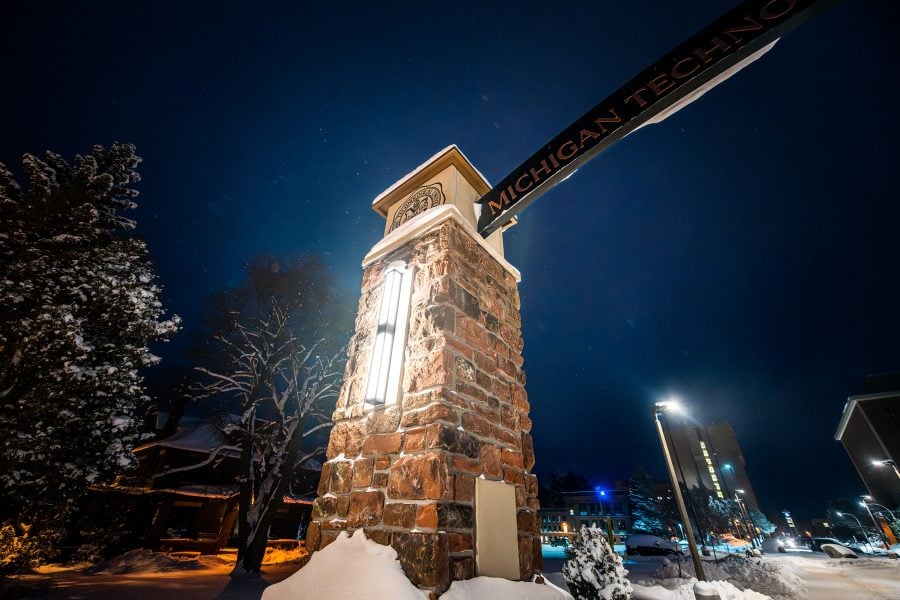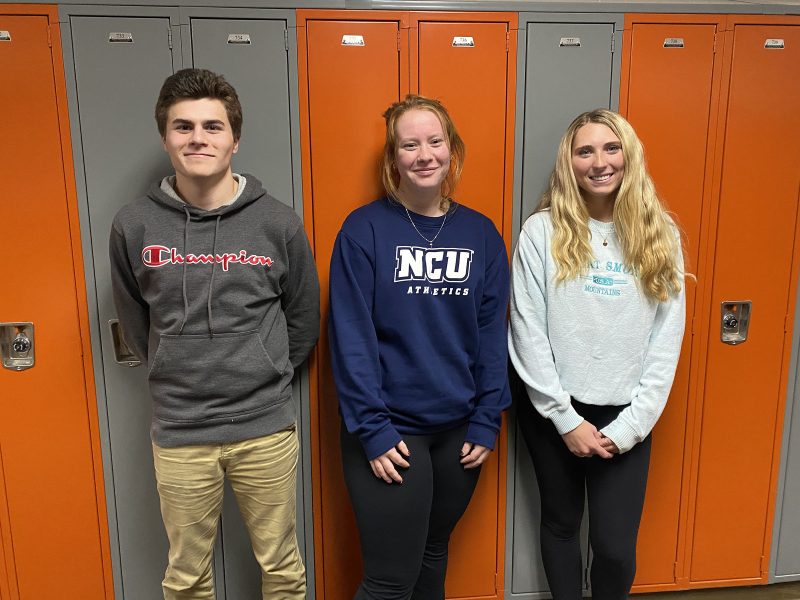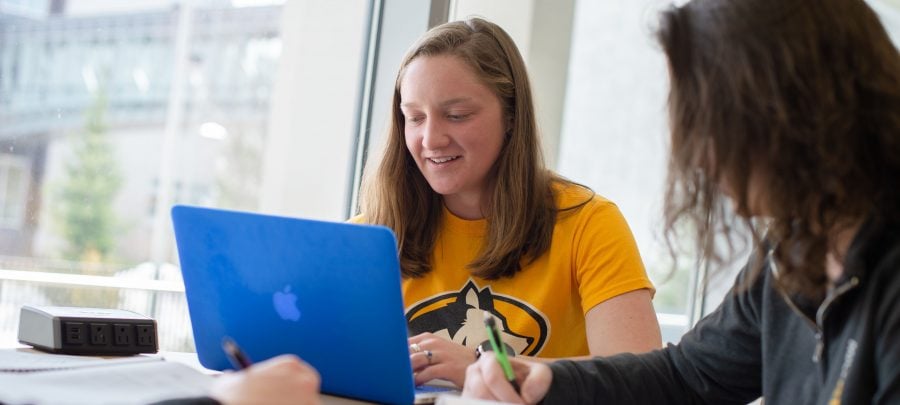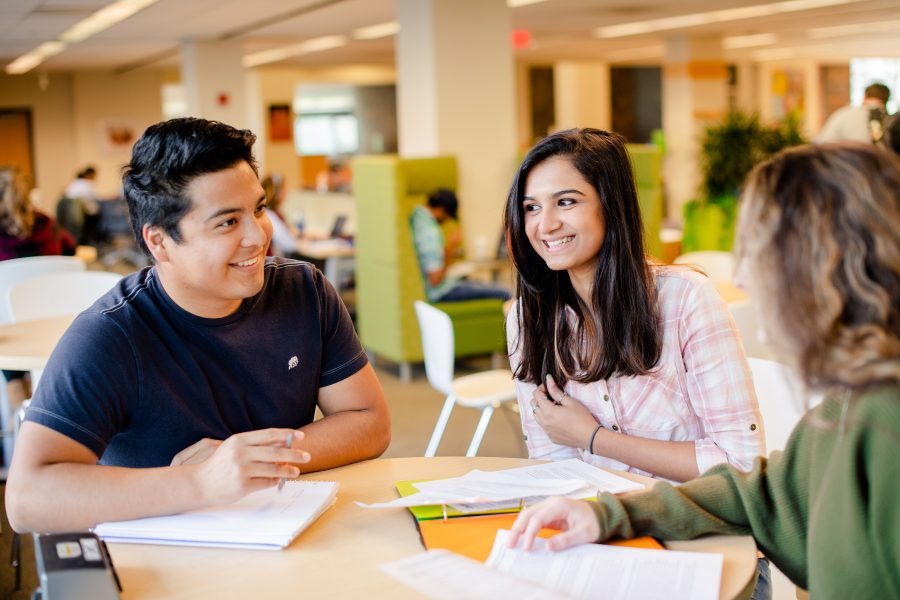
Online and on kitchen tables, the new issue of Impact Magazine is ready to read wherever you are. Get the latest news from Michigan Tech’s College of Business (COB), including student accomplishments, research that helps communities steer toward a brighter economic future, and real-life advice from dynamic entrepreneurs and alumni.
Dean Johnson, dean of the College, said Impact’s theme this year highlights the Michigan Tech difference. “College of Business students study more than business,” he said. “Science, technology, engineering, and math are infused into COB courses and programs. Classes connect disciplines. Degree programs cross borders.”
Read all about it in the online version of the 2024 Impact Magazine. Your comments on the current issue and suggestions for stories in future issues are welcome. Email them to Cyndi Perkins, managing editor, at cmperkin@mtu.edu.



